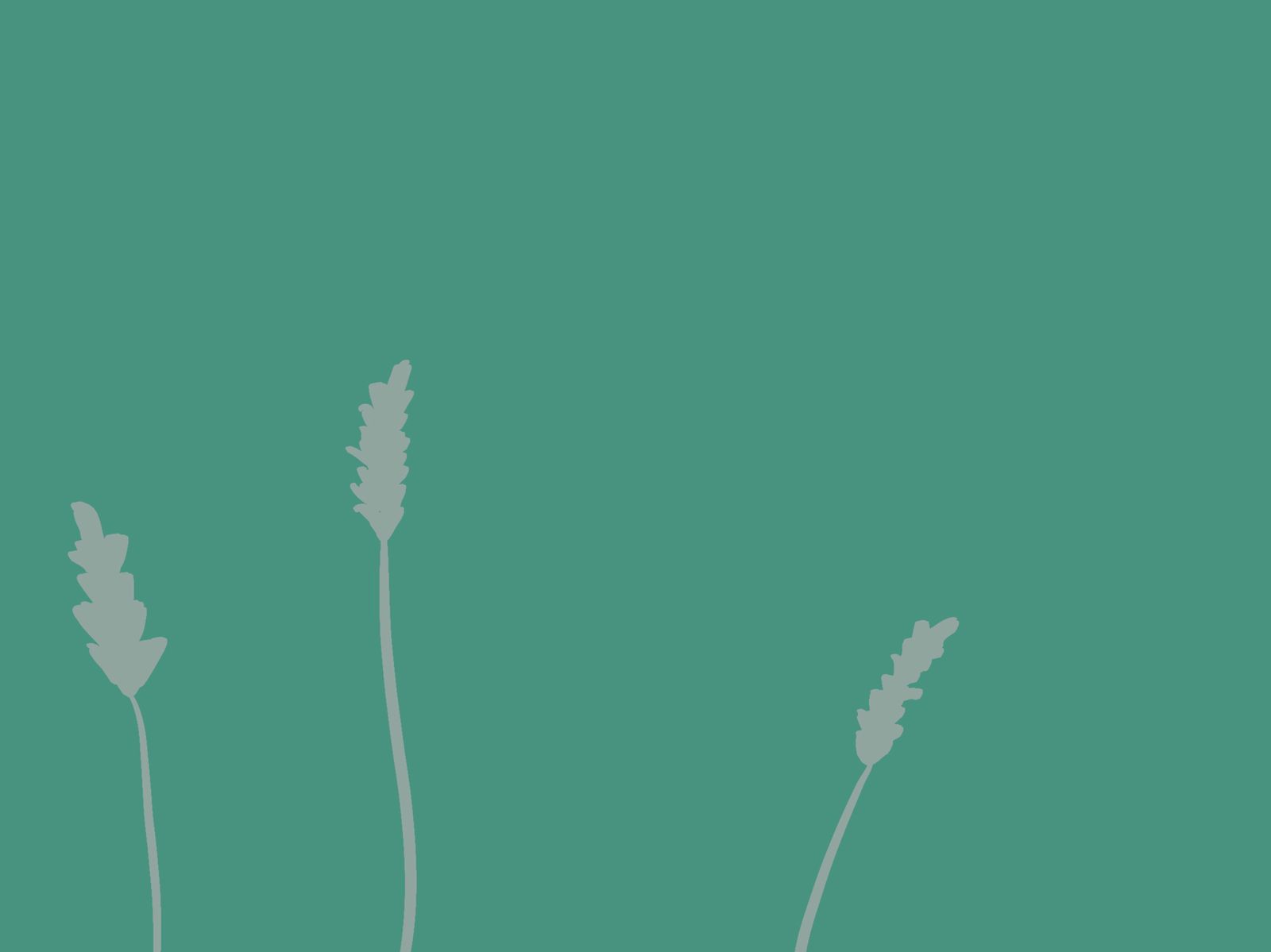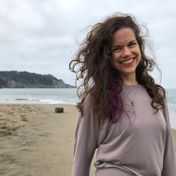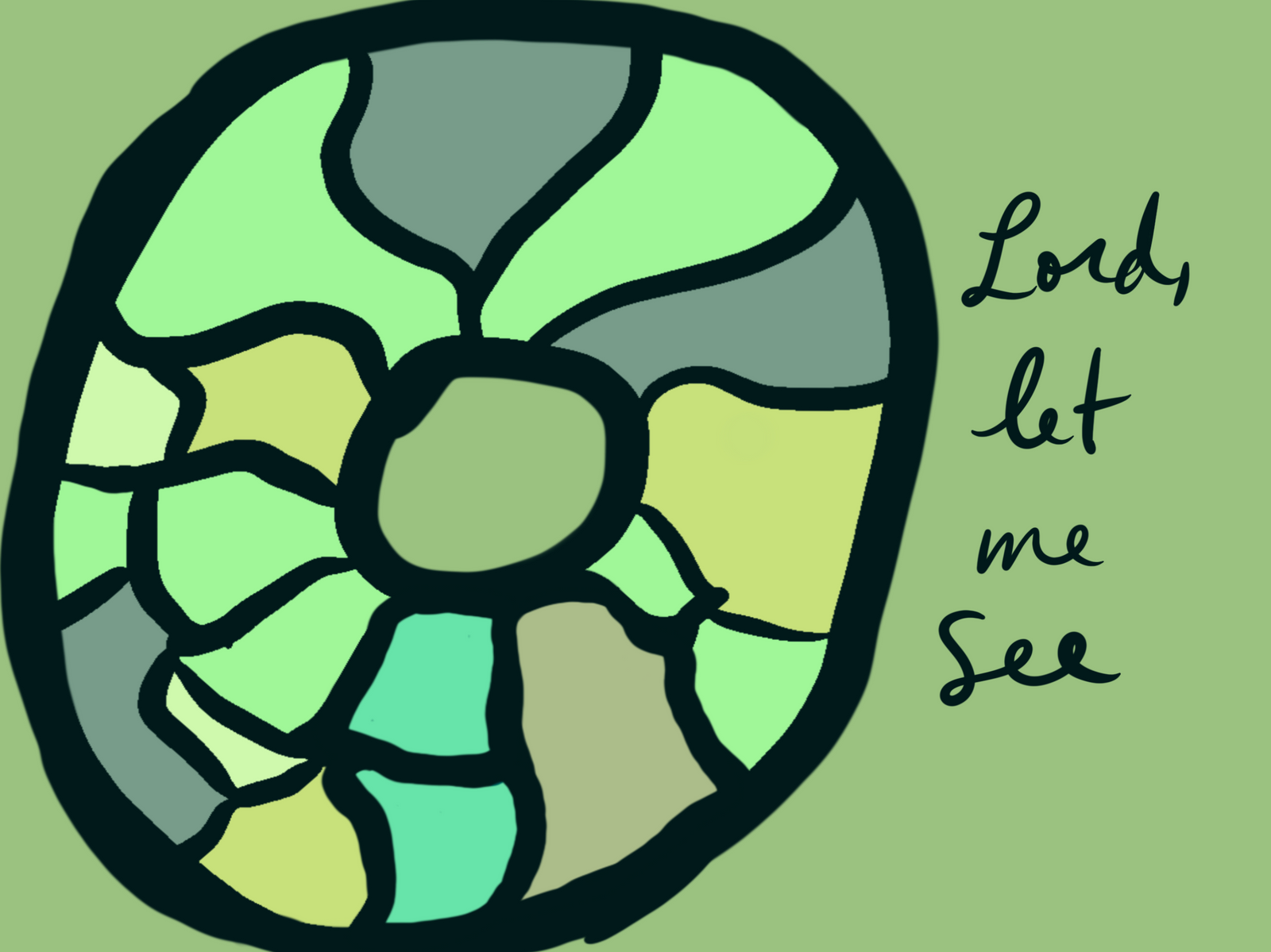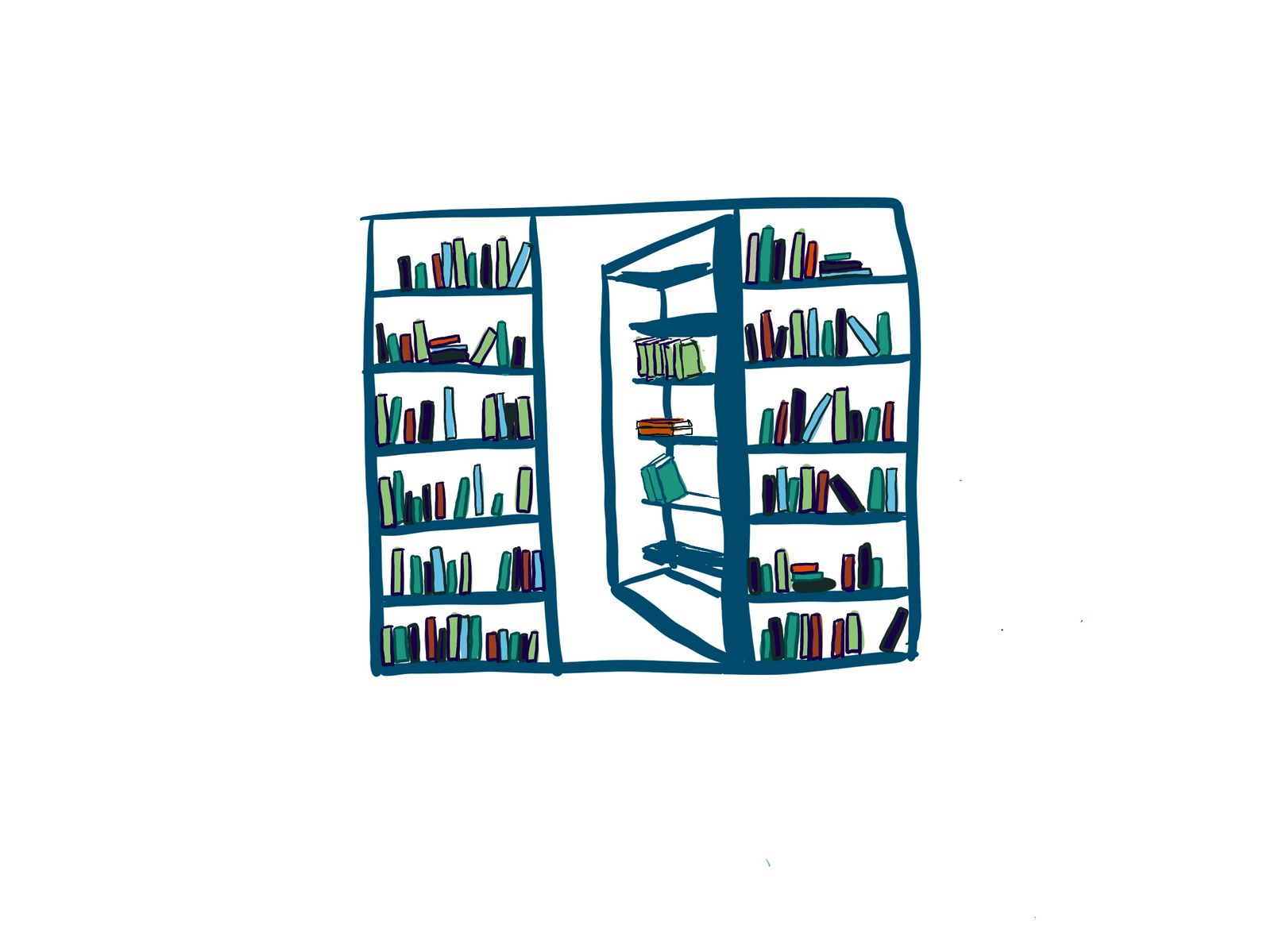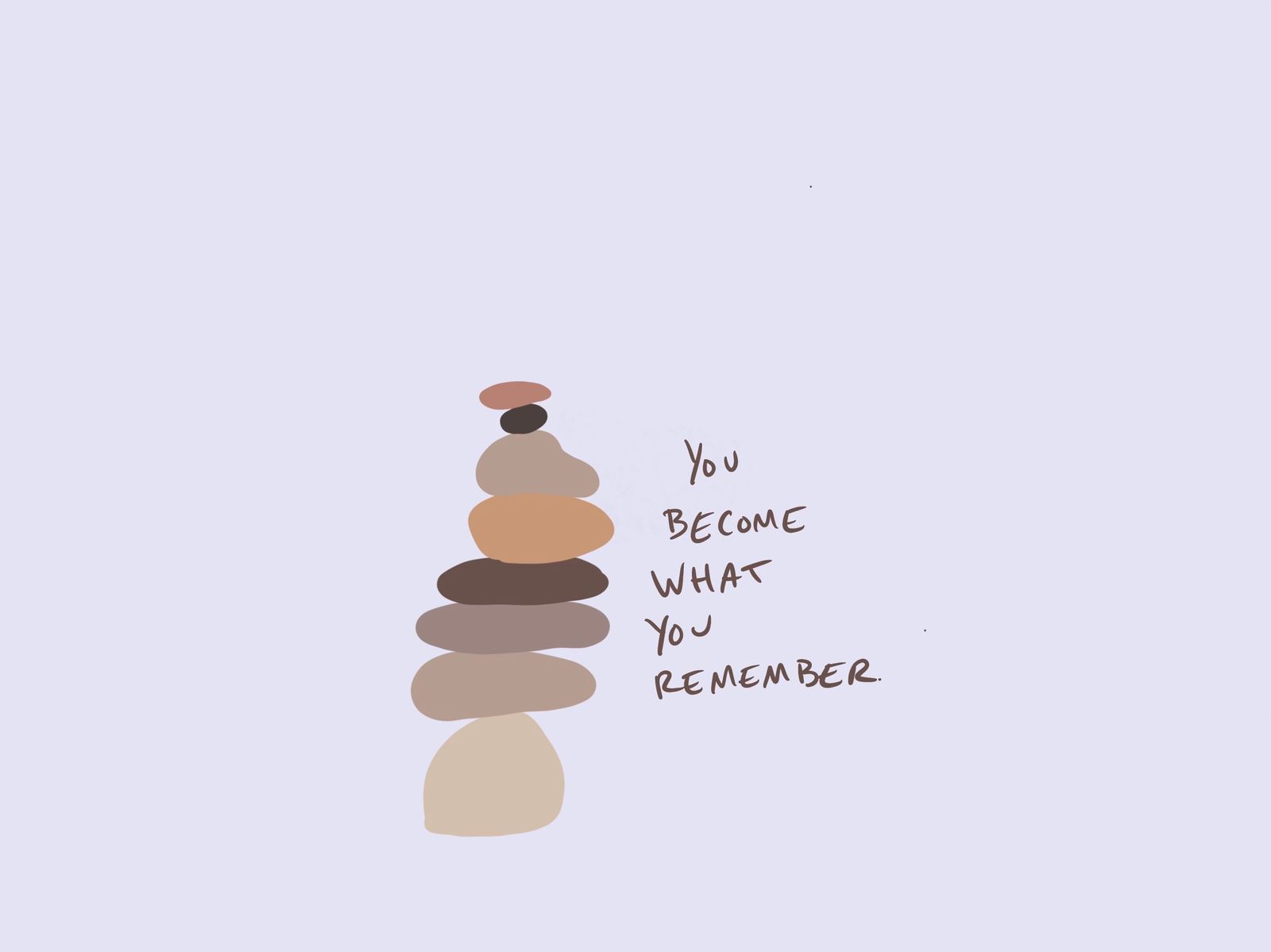We walk to the pond everyday.
There's a power in a daily practice--whatever the daily practice is. It creates a framework, a scaffold for what to do next when trapdoors suddenly open beneath us.
And trapdoors are always opening beneath us. Miss Charlotte once looked at me and said, a mischievous glint in her eye, "well, you won't escape this life alive, I can promise you that."
Life is rigged with these trapdoors. They take us to the dark places we'd rather not be, the places we did not choose to go. We are taken against our will, like Joseph to Egypt or Daniel to a Lion's Den or Paul to a Roman prison. Deep pits that seem impossible to climb out of.
But here we are, so now what?
I've walked to the pond because of dozens of trapdoors: a sudden death; an unexpected and frightening medical condition; waiting for a test result; difficulties, myriad and sundry--at work, at school, with children, because we've lost children. Financial setbacks. I've walked there during enervating bouts of anxiety and depression; trying to quiet loud and relentless insecurities; floating through the tall, tumultuous waves of grief.
Whatever circumstance it is that has suddenly opened it's maw and decided to swallow us whole without warning, we walk to the pond.
Because we always go to the pond, I think God knows to meet us there. He knows where we'll be. And we find him there. Maybe because it's a place that invites us to be quiet, to listen and see what is good and wild even in the midst of our darkness.
He's there in the light playing on the water in the morning.
In the arcing, graceful flight of the Great Blue Heron.
In the vast and changing sky at sunset, ablaze with impossible colors, reflected in the mirror of the pond.
In the chorusing frogs and crickets in midsummer that are the soundscape while we forage for blackberries on the banks.
In the jewelweed in September that brings the hummingbirds before they take a 24 hour flight across the Gulf of Mexico to their wintering grounds.
In the one pair of wild geese who make their scrape nest on the pond every spring, just one pair of geese, returning home, every spring like clockwork.
Our daily practices establish a home to return to when the trapdoors open. A place to find solace when everything known has been stripped away. It's deep comfort: having a trusted place where even when everything is not okay, there is still glorious evidence that everything is still also, seemingly impossibly, okay.
This must be why God gave the ancient wandering Israelites so many rules and practices and feasts: it gave them a structure to inhabit and build meaning in, a symbolic home in a strange, barren wilderness.
This must be why Jesus withdrew from the crowds to lonely places too. He was finding home in a place that was strange, dark, cold, and needy.
Like Annie Dillard at Tinker Creek or Thoreau on Walden Pond, I go to the pond because I want to understand how to live, why to live.
Most daily practices I undertake: prayer, centering down into scripture, yoga, teaching the kids, reading aloud, I do because I want to understand how to live--and why.
In life and at the pond, there's pain and death, and beauty, goodness and truth too.
A raccoon ate the goose eggs and little girl sobbed.
A muskrat skittered away toward it's home in a berm under the reeds and she clapped.
Mary Oliver writes,
Whoever you are, no matter how lonely,
the world offers itself to your imagination,
calls to you like the wild geese, harsh and exciting --
over and over announcing your place
in the family of things.
I don't understand how it can all coexist, the goodness of life and the meanness and inevitability of trapdoors.
We walk to the pond everyday, in part, to understand who and how to be.

